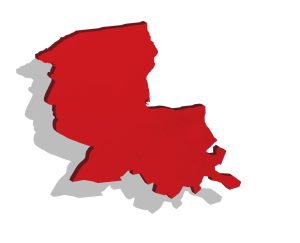Internet access no longer out of reach
April 6, 2016
In modern life, our lives are very much driven by technology. We rely heavily on phones, computers and, of course, the internet. Certain tasks in our daily lives would be extremely difficult to do if we did not have the internet. The Federal Communications Commission has taken great strides to ensure that those who cannot afford internet access can become connected. A new federal initiative is a significant stepping stone toward leveling the playing field for those living in poverty.
Thanks to a 3-2 vote by the FCC, approximately 40 million Americans who are receiving some form of federal assistance will be granted credit to pay for broadband service. This new federal program, called Lifeline, will provide $9.25 a month for those who would not normally be able to afford it. If anyone who qualifies for Lifeline wants to purchase broadband internet for more than $9.25 a month, then they are allowed to do so but will have to pay for it out of pocket.
Having suitable access to the internet is beneficial for several reasons. Companies have started moving everything online, including job applications. Without internet, it becomes difficult to find and apply for jobs. People also use the internet for educational purposes. It is necessary for doing research for school and taking online courses. Essentially, the internet offers a great deal of opportunities. These opportunities can now be accessed from home, rather than from the library or other public access points.
With a city-wide poverty rate of approximately 27 percent, New Orleans could benefit greatly from a program like this. It helps to provide equal opportunity to those in New Orleans who are struggling financially. This gives those people a chance to look for employment where they could not find it before, which could shrink the unemployment gap. It also allows for people to use the internet for educational purposes, possibly causing the education gap to shrink.
Lifeline will also have the potential to benefit telecom companies. If more people are able to afford broadband internet, then internet service providers will have a chance to expand to areas where there is a high concentration of people who would not be able to afford their services without Lifeline. Poorer people can gain internet access, and the telecom companies can make a larger profit. It seems as though this could be a win-win scenario.
Lifeline may not directly address the causes of poverty, but it does offer a big step in the right direction. This program was not meant to eliminate poverty. It was meant to offer opportunity to those who did not have it before. This is a sign that the federal government is listening and helping by offering a 21st century solution to an age-old problem.









Leave a Comment